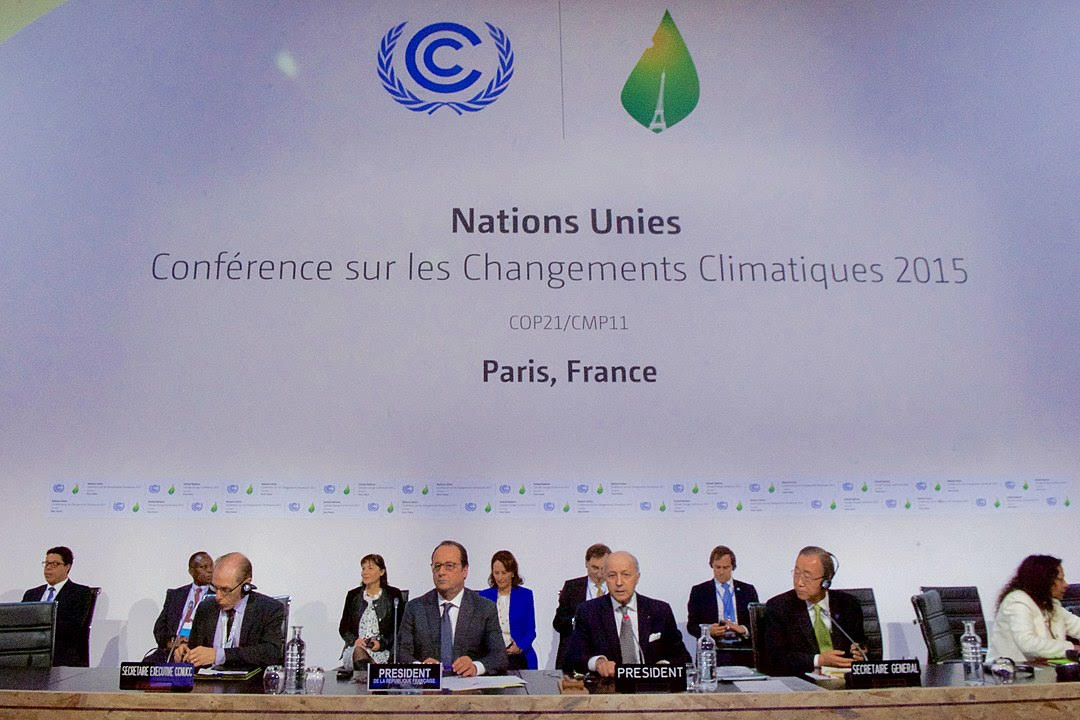|
Over the decades, media and certain scientists have greatly exaggerated the speed and magnitude of the impact from climate change. Essentially, they have been catastrophizing. For example, the renowned physicist John Holdren proposed in the 1980s that human-caused climate change could kill a billion people because of famine by the year 2020 [1]. Such proposals have no credibility because they are purely speculative, i.e., they are not based on robust science [2]. The global scientific community does NOT support such proposals.
The global scientific community does support the general conclusions from the climate science community [3]. Why? Because the findings of the climate experts are based on extensive research. Thousands of climate scientists have gathered vast amounts of climate data using a suite of climate monitoring tools [4,5,6]. The scientists have used the climate data and established scientific principles to understand the climate system. These studies have been documented in over a hundred thousand scientific papers [7]. Many climate impacts are now understood with high to very high confidence because of these studies [8]. For example, there is strong evidence for the rising temperatures and sea levels, receding glaciers, ocean acidification, and the increasing frequency and intensity of hot extremes. Consequently, an overwhelming majority of climate scientists agree that human-caused climate change is a serious problem [9,10,11]. Significant uncertainty yet exists in understanding several other issues about climate change because of inadequate data [8]. However, the climate impacts that are understood with high confidence are by themselves adequate to demonstrate that human-caused climate change is a serious problem. Wild exaggerations by media or certain scientists do not change the validity of these conclusions. We will consider an analogy. The medical community has concluded that smoking tobacco is dangerous to human health based on extensive research [12,13]. Wild exaggerations by a few doctors–made in the past, present, or future–do not decrease the trustworthiness of the conclusion. Summary: Wild speculations by certain scientists and media should not be used as an excuse to ignore critical findings from the global climate experts. The findings of the climate experts are based on extensive research. Consequently, major scientific organizations agree that human-caused climate change is a serious problem that requires urgent attention [14]. Wild exaggerations by media or certain scientists do not change the validity of these conclusion. References & Notes
0 Comments
Leave a Reply. |
Tushar ChoudharyAuthor, Scientist, Innovator Archives
February 2024
Categories |

 RSS Feed
RSS Feed